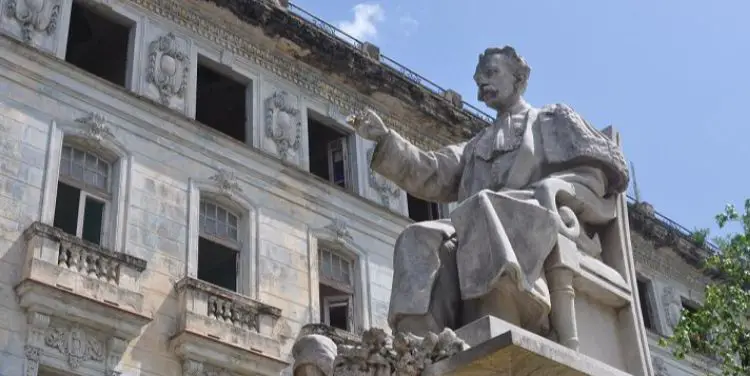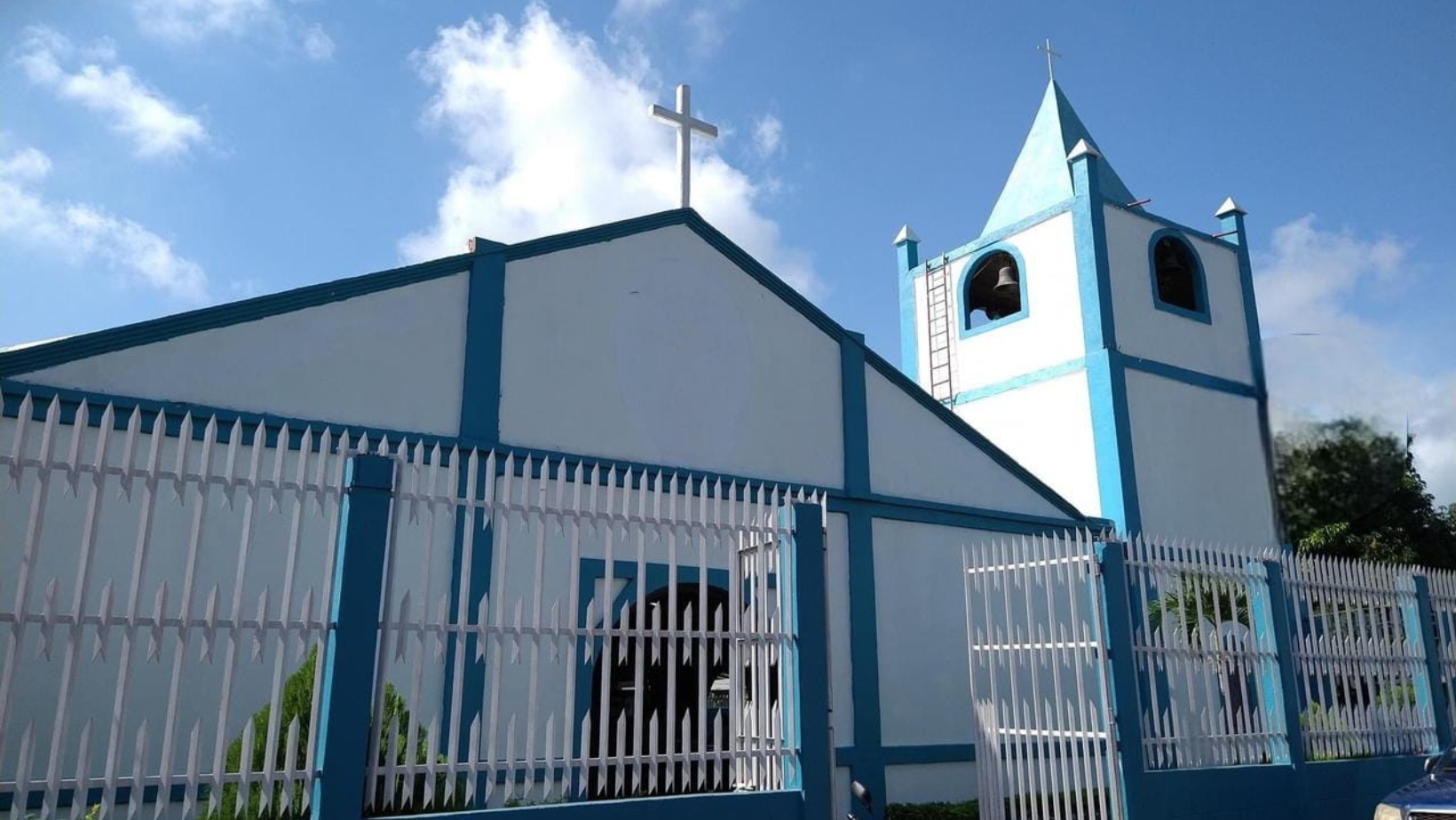Havana Cuba. – On May 9, 1860 he was born in Sagua the Great Joaquín Albarrán, one of the most illustrious doctors in Latin America. Clinician and surgeon, he would completely change the history of Urology as a specialty, gaining well-deserved popularity among the medical profession of the time.
An orphan since he was four years old, Albarrán was welcomed by his tutor and godfather, the Catalan surgeon Joaquín Ramón Fábregas, who took great care of his education and took him to Barcelona. There, the young man received his medical degree in 1877, with outstanding qualifications. A year later he obtained his doctorate in Madrid with a brilliant thesis on the contagion of tuberculosis, and immediately went to Paris to continue his studies under the tutelage of prestigious specialists, including the anatomist Louis Antoine Ranvier and the urologist Jean Casimir Félix Guyon. that would become the main referents of the young doctor.
The first steps of Albarrán’s career were oriented towards microbiology and pathology, but he finally opted for urology, a field in which he made important contributions, including the first perineal radical prostatectomy carried out in France.
With the objective of maximizing the success of his surgical interventions, Albarrán created a specific instrument for the adjustment of the cystoscope during the catheterization of the ureter (Uña de Albarrán), and the so-called urethrotome, which was used to make blind cuts during surgeries.
His professional career was splendid. In 1908 he directed the First International Congress of Urology. He was also a tenured professor of the Chair of Urinary Tract Diseases at the University of Paris. In 1907 he was honored with the French Order of the Legion of Honor, and in 1912 he was nominated for the Nobel Prize in Medicine.
Joaquín Albarrán died prematurely at the age of 52, undermined by tuberculosis. In Cuba, his memory was honored with the founding, in 1961, of the Clinical-Surgical Teaching Hospital that bears his name, better known as “Clínico de 26”, where the “Abelardo Buch” Institute of Nephrology is located, an entity of reference to Nacional level.






